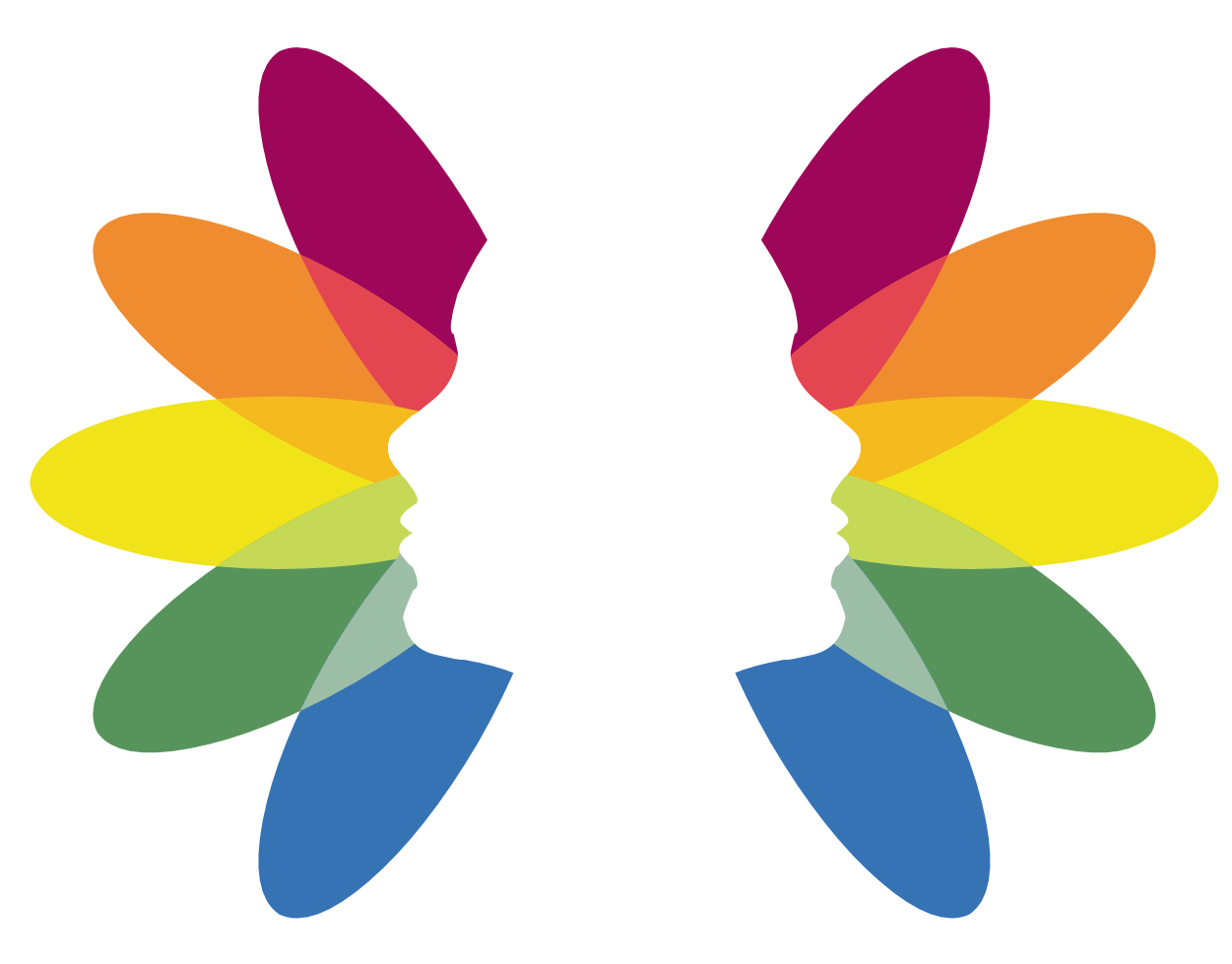Change is tough. Even when we know the change will ultimately lead to the outcomes we want - a better job; a healthier body; perhaps good exam results. We know we'd benefit from the change, yet we still find reasons not to do it - It's not the right time; Is it really that important? What if I don't succeed? What if I screw it up? Is the grass really greener on the other side?
When this happens - we're in a state of ambivalence. We can see both sides of the change argument, but the 'pull' factors are not yet strong enough to make that change.
Motivational Interviewing is an approach that we can use in exactly these types of situations. It's used in business leadership, healthcare, education, addition, counselling and indeed any setting where change occurs (which is pretty much limitless). You may be a manager trying to bring team along with us in a work project; you may be a teacher trying to support a student through exams; you may be a clinical nurse specialist trying to help a newly diagnosed diabetic patient adapt to their new regime, or a counsellor supporting somebody through a difficult time.
Traditionally, when it comes to change, we work to an 'expert model'. In this model, the expert knows their stuff; tells the person who needs to change what they need to do and how to do it; and from there, it's up to the person changing to heed that advice and pull their finger out.
So why doesn't this always work? For the simple reason that often people don't like being told what to do, particularly when they're already feeling ambivalent and in two minds about something and having trouble with the changes. People are the undisputed experts in themselves, so in order for them to change, we need to support them to explore and discover their own motivation to change, and the ways of doing so that will work for them. Motivational Interviewing gives us a framework to do just that.
Motivational Interviewing shows us the context in which these discussion should happen to make this happen - a context that promotes respect, collaboration, compassion and autonomy. It also provides us with a way of using language and tools designed to strengthen a person's commitment to change, whilst encouraging them to commit to ways of acting on it.
Over the next while, I'll be writing about how this can be used in different contexts, including business, healthcare and education, so stay tuned. In the interim, if you want to find out how you can add these skills to your tool kit, find out more about Soiléir's Training in Motivational Interviewing, or sign up to receive updates.
Gillian Martin is a Chartered Psychologist with the Psychological Society of Ireland, and a Board Certified Behaviour Analyst


